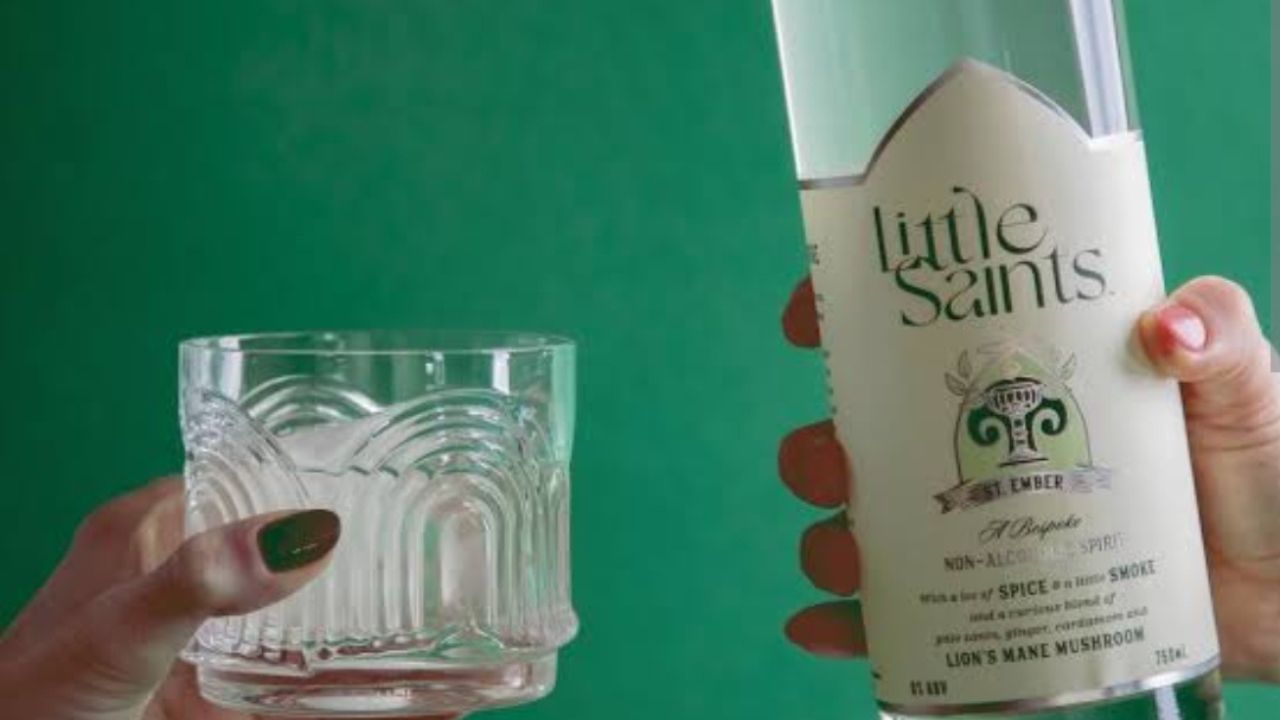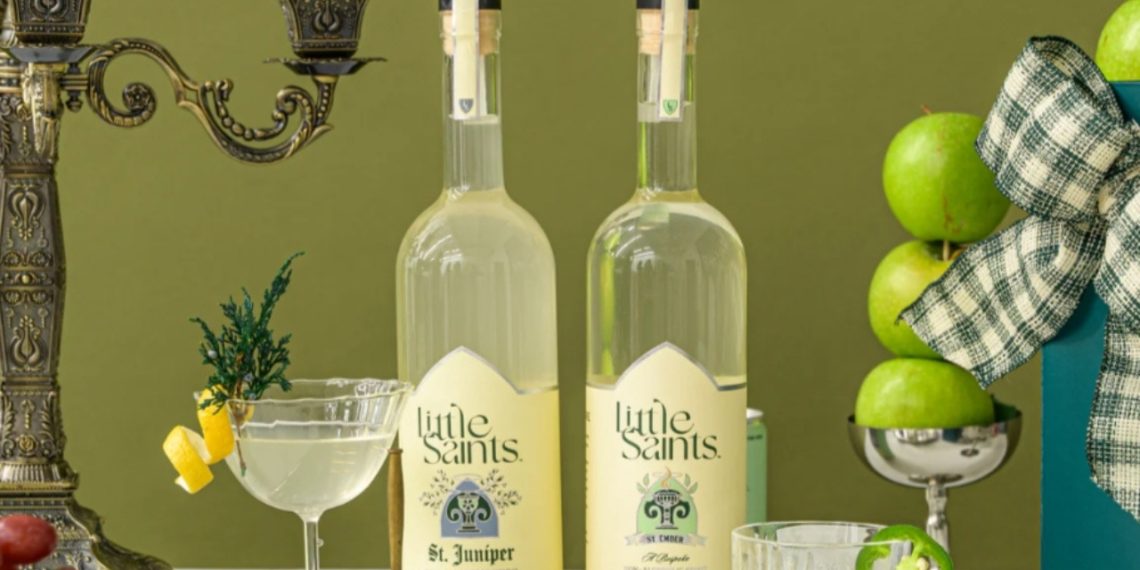Little Saints, a company that creates non-alcoholic cocktails, made a splash on Shark Tank with the hope of securing investment to scale their business.
Their mission is to offer consumers an enjoyable and healthy alternative to traditional alcoholic beverages, with the added benefit of reducing alcohol intake or remaining sober.
These ready-to-drink beverages feature natural ingredients, adaptogens, and mushrooms, aiming to provide the experience of a classic cocktail without any alcohol content.
Founded by Megan Saint, Little Saints entered the Shark Tank arena with an ambitious request for $500,000 for a 5% equity stake in the company, valuing it at $10 million.
Despite the innovative concept and growing consumer interest in non-alcoholic options, the company did not secure a deal on the show.
However, the exposure from Shark Tank sparked a surge in website traffic, sales, and social media buzz. Let’s take a closer look at their journey, the Shark Tank pitch, and their success post-show.
Also Read: Juice WRLD Net Worth 2025: Music Career, Legacy, and Earnings
Net Worth
Initially valuing the company at $10 million during their Shark Tank appearance, Little Saints has experienced remarkable growth post-show. With a 10% year-over-year growth, the brand’s current estimated net worth in 2025 stands at approximately $14.64 million.
Despite not landing an investment deal, the brand’s visibility and customer base have expanded significantly due to the Shark Tank exposure.
Shark Tank Pitch: Aiming for Big Growth
The founders of Little Saints, led by Megan Saint, pitched their non-alcoholic cocktail business to the Shark Tank investors by highlighting the growing demand for healthier beverage options.
They presented their product line, which includes flavors like Ginger Mule, Paloma, and Spicy Margarita, designed for those who want to experience the thrill of a cocktail without the alcohol.
Their pitch focused on:
- Health-Conscious Market: The use of adaptogens and natural ingredients aimed to address the increasing trend of wellness-conscious consumers seeking alcohol-free options.
- Growing Popularity: The company was already seeing success in online sales and local markets, demonstrating the potential for further expansion.
- Investment Request: Megan requested $500,000 for 5% equity, valuing the company at $10 million.
The Shark Tank panel had a range of reactions:
- Mark Cuban expressed skepticism about the product’s ability to stand out in the competitive non-alcoholic beverage market, believing there was little differentiation.
- Kevin O’Leary raised concerns about the company’s scalability and profit margins.
- Lori Greiner showed interest in the wellness aspect but felt the branding needed more definition to attract a wider audience.
- Daymond John also passed, feeling the product wasn’t unique enough in comparison to other non-alcoholic options.
Despite offering a counterproposal, which included $500,000 for 10% equity, none of the sharks chose to invest in Little Saints. As a result, Megan and her team left the tank without securing any funding.
Post-Shark Tank: Growing Success and Expansion
Despite failing to secure a deal, Little Saints’ growth trajectory has been impressive. The brand gained significant traction after their Shark Tank appearance, capitalizing on the increased visibility. Some key milestones include:
- Product Expansion: They’ve widened their range of non-alcoholic beverages and expanded their presence on online platforms, making it easier for consumers to purchase their drinks.

- Retail Partnerships: Little Saints has partnered with wellness-focused retailers, and their products are available for purchase both online and in physical stores.
- Subscription Service: To enhance customer loyalty, Little Saints offers subscription options for regular deliveries, making their products even more accessible to health-conscious drinkers. The brand has embraced collaborations with wellness influencers, further boosting their presence on social media and contributing to their growing following.
Also Read: Louis Tomlinson Net Worth 2025: Music Career, Business Ventures, and Earnings
What Went Wrong on Shark Tank?
The primary reasons Little Saints did not secure a deal were:
- Market Saturation: The non-alcoholic beverage market is crowded, with many players already offering alternatives. The sharks felt Little Saints lacked a strong enough unique selling proposition (USP) to set it apart.
- Scalability Concerns: Investors were unsure if the company had the resources to scale rapidly and achieve widespread success.
- Branding and Marketing: While Little Saints had a clear wellness angle, the sharks felt the branding was not distinct enough to catch the attention of a large audience. Without a compelling brand identity, it would be difficult to stand out in the crowded market.
Product Availability and Growth
Little Saints’ non-alcoholic beverages are made with a combination of natural ingredients, including adaptogens, to replicate the flavor of alcoholic cocktails. The drinks are available in several popular flavors like:
- Ginger Mule
- Paloma
- Spicy Margarita
Consumers can purchase Little Saints’ products directly from their website or from various online retail platforms.
The company also offers both one-time purchases and subscription options, with prices starting at around $30 for a pack of four.




